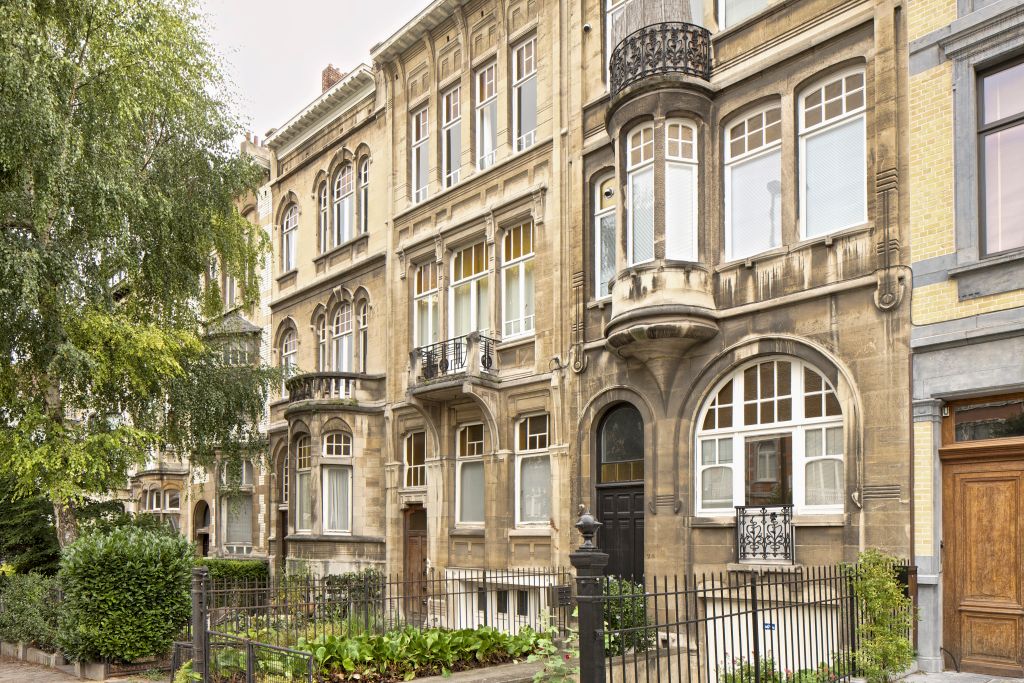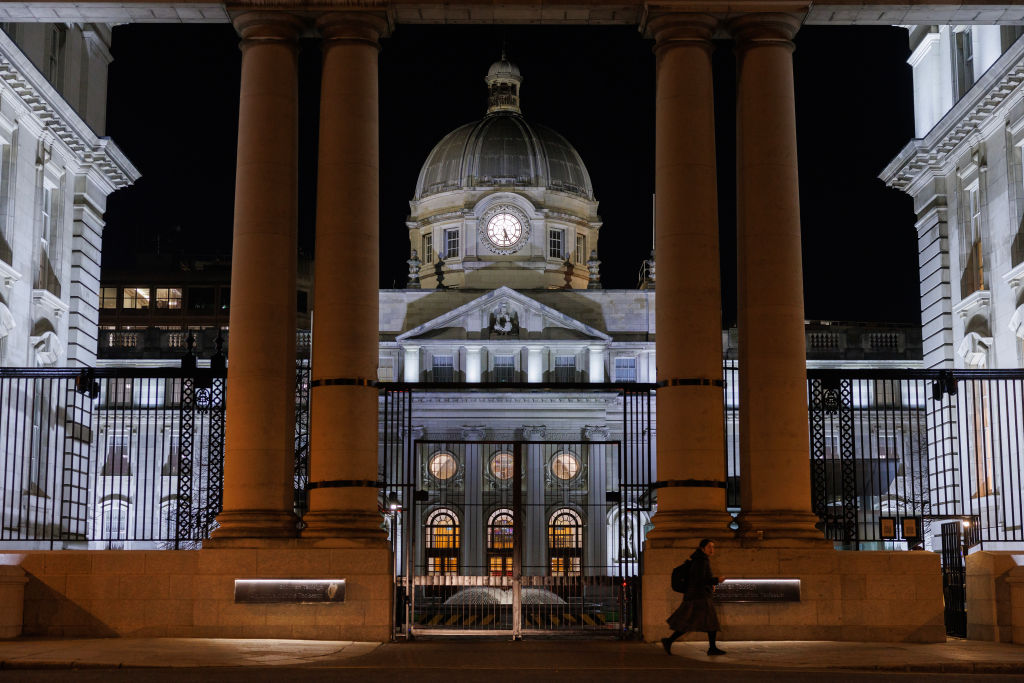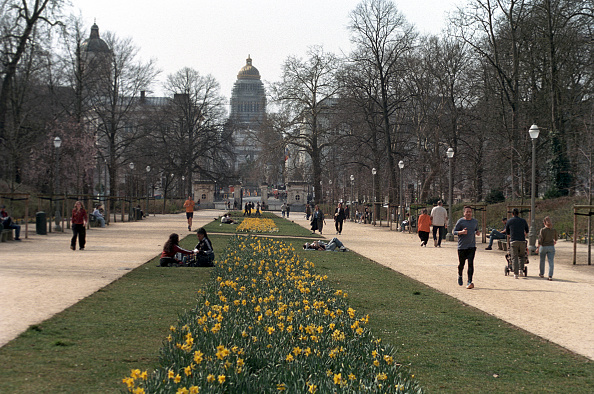Half of all new rental contracts signed in Brussels were now officially considered “legally abusive” because the city’s rent control tool was based on years-old data and has not been updated in almost a decade.
The so-called “indicative rent grid” was designed to promote affordability. Instead, it may be accelerating the very crisis it was meant to prevent, critics said.
Housing prices in the Belgian capital were rising, rental listings were down sharply and investment in residential property has plummeted, a cascade of unintended consequences now being challenged before Belgium’s Constitutional Court.
According to L’Écho, seven industry associations filed a joint legal challenge on June 18, calling the present policy a “disproportionate infringement on private property rights” and warning of legal and economic fallout.
“It creates a distorted situation that misses its goal entirely,” said Patrick Willems of the National Landlords Syndicate. “Investments are drying up, housing quality is falling, and the ultimate victim will be the Brussels tenant.
The rent grid, based on just 14,000 contracts from 2017 to 2020, still served as the legal reference for determining whether a rent was excessive.
Since May 1, any lease charging more than 20 per cent above this benchmark was presumed abusive, unless a landlord could justify it through vaguely defined “comfort factors”. The problem, observers said, was that he grid has never been updated and reflected prices well below current market levels.
As a result, more than 50 per cent of new rental agreements were now classified as legally abusive, Le Soir reported on June 18.
Rents were in fact increasing.
According to earlier figures from Le Soir, the median price of an apartment in Brussels rose to €260,000 in early 2025, a 1.9 per cent increase, while detached homes climbed by 17.3 per cent year-on-year.
Supply, though, has evaporated with the number of rental adverts down more than 20 per cent compared to the start of 2024, according to industry data cited by business newspaper De Tijd.
Real-estate federations argued that the rigid rules, built on obsolete benchmarks, were undermining trust in the market and strangling supply.
Brussels tenants have already turned to the authorities for help. Almost one complaint per day was submitted to the city’s Parity Rent Commission in May alone, L’Écho reported. Some were also turning to local judges, who can impose retroactive rent reductions.
Further clouding the issue was the political situation. As of mid-June, Brussels still had no functioning regional government following the May 2024 elections.
Coalition talks were ongoing and housing policy remained a floating portfolio with no clear owner.
In that vacuum, industry players hoped their constitutional appeal would push the next government to act, ideally by suspending the rules until a new, reliable grid, based on updated market data, was created.
For now, Brussels was the only region in Belgium with such a rent cap but the legal dispute may hold broader lessons for other European capitals grappling with the same dilemma: How to make rents fair without distorting the market.





